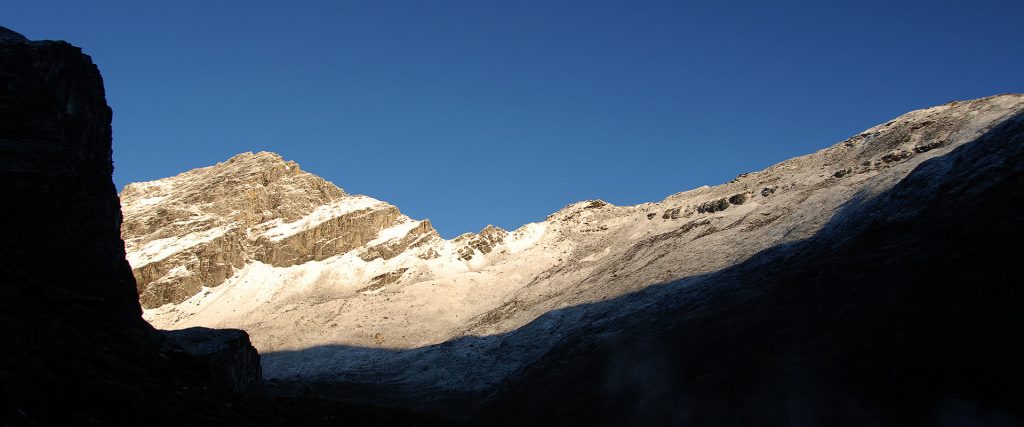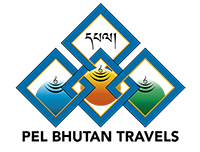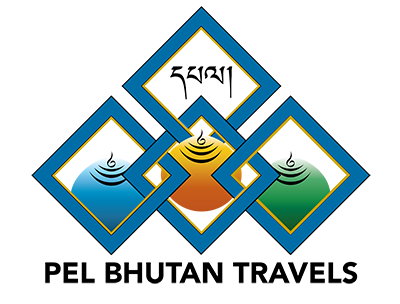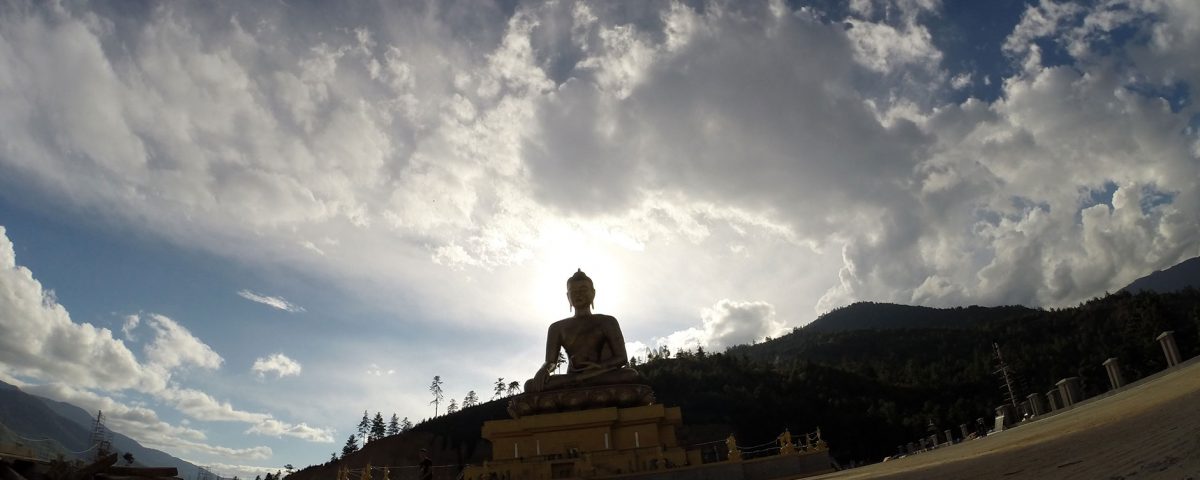Travel Tips
Travel Tips
You should not travel internationally without travel insurance.
The Royal Insurance Corporation of Bhutan has initiated a travel and medical plan solely for our visitors. Travel insurance can be provided through your Bhutanese tour operator or international partner. You may also visit the Royal Insurance Corporation of Bhutan website at www.ricb.com.bt for more information.
Bhutan’s currency is the Ngultrum (Nu.) It is at par with the Indian rupee which is accepted as legal tender in the country.
Note: INR (Indian Rupees) denominations of 500 and 1000 are not accepted in Bhutan.
ATMs are located within all main towns throughout Bhutan, where money can be withdrawn using a Visa or MasterCard. For concerned travelers a list of ATM locations throughout Bhutan is found here: http://www.bob.bt/contact-us/atm-locator/.
In addition, POS (Point of Sale) services are available nationwide, meaning visitors can pay by credit card at most hotels and handicrafts stores.
Financial institutions in Bhutan have been greatly enhanced and today we have a number of banks that cater to the needs of the people.
Some of the banks that you can avail of while in Bhutan are the Bank of Bhutan Limited, the Bhutan National Bank, the Druk PNB and the Tashi Bank. Traveller’s cheque can be easily withdrawn and exchanged for local currency. Many of these banks provide internet banking facilities.
TMs are located within all main towns throughout Bhutan, where money can be withdrawn using a Visa or MasterCard. For concerned travelers a list of ATM locations throughout Bhutan is found here: http://www.bob.bt/contact-us/atm-locator/.
In addition, POS (Point of Sale) services are available nationwide, meaning visitors can pay by credit card at most hotels and handicrafts stores.
All major towns are well connected with electricity that runs on 220/240 volts with round hole two-pin and three-pin power outlets.
It is recommended that you bring flat-to-round pin converters for your electronics if necessary, however, most hotels offer multi plug sockets. Bhutan is a carbon neutral destination. Our energy is clean and green generated by hydro power.
Bhutan experiences great variations in its climate. In general summers are warm with average daily temperature ranging from 20 to 25 degrees Celsius, while winter temperatures are usually below 15 degrees Celsius.
The northern regions of the country are colder than the more tropical south and it is recommended you pack accordingly. Trekkers will need to bring appropriate warm clothes and comfortable hiking boots (well broken in) preferably with ankle support and weather-proof to complement the weather and rugged terrain.
Others suggested items to pack:
• A pair of sunglasses
• Sunscreen lotion
• Hat
• Umbrella
• Camera
• Spare camera batteries
• Flash light (with spare batteries)
• Travel sickness tablets
• Antiseptic cream
• Anti-histamine cream
• Anti-diarrhoea pills
• Altitude sickness medication it trekking above 3000m
• Insect repellent
Bhutan offers immense opportunities for photography especially during outdoor sightseeing trips.
However you should check with your guide before taking pictures or filming inside Dzongs, temples, monasteries and religious institutions as in some area photograph/filming is not permitted.
You are free to capture images of the landscape, the panoramic views of the mountain ranges, rural life, flora and fauna, distinctive Bhutanese architecture and the exterior of Dzongs and Chortens in particular.
Some popular handicraft items available for purchase are hand-woven textiles of raw silk or silk, carved masks of various animals, woven baskets of cane and bamboo, wooden bowls known as Dapas, handmade paper products or finely crafted gods of silver. Other items you may be interested in are the exquisite Buddhist thangkha paintings or Bhutan’s wide array of colourful and creative postage stamps. You can come across these items in the many handicraft shops in and around Thimphu and in other major towns. Please remember that buying and selling of antiques is strictly forbidden in Bhutan.
Tipping is a purely personal matter. We leave it up to you as to whether you want to give a gratuity to your guides and drivers. However, if doing so, we recommend that you place the gratuity in an envelope.
The following articles are exempt from duty:
(a) Personal effects and articles for day to day use by the visitor
(b) 1 litre of alcohol (spirits or wine)
(c) 200 cigarettes, on payment of import duty of 200%
(d) Instruments, apparatus or appliances for professional use
(e) Photographic equipment, video cameras and other electronic goods for personal use
You have to complete the passenger declaration form at your port of entry.
Visitors are advised to be cautious in purchasing old and used items, especially of religious or cultural significance, as such items may not be exported without a clearance certificate.
If importing any items to Bhutan which are for sale or gift, they may be liable for customs duty. On departure, visitors are required to fill out a departure form, which will be asked for by Customs authorities.
Import/export of the following goods is strictly prohibited:
(a) Arms, ammunitions and explosives
(b) All narcotics and drugs except medically prescribed drugs
(c) Wildlife products, especially those of endangered species
(d) Antiques
Imports of plants, soils etc. are subject to quarantine regulations. These items must be cleared on arrival.
The country has a good network of telecommunication facilities. Most hotels and cafe’s offer Wi-Fi internet access. Bhutan has a comprehensive mobile (cell) phone network with global roaming also assessable.
Language
Bhutanese speak a variety of languages with Dzongkha being the national language and one of the most widely spoken. English is also spoken by the majority of Bhutanese making communication very easy. It is encouraged to speak with the local Bhutanese, especially in the urban areas and towns,as it will enhance your knowledge on Bhutan.
Guides and Interpreters
Bhutan has a good team of interpreters and licenced guides that are well versed in local history and possess good communication skills. All guides are tested and certified by the Tourism Council of Bhutan. Guides are available who are fluent in Japanese, Thai, Spanish and other European languages.
With great altitudinal variations, weather is quite mixed in Bhutan. So be prepared to face the unforeseen weather conditions.
We expect visitors to dress modestly and respectfully especially if you are planning a visit to the monasteries, Dzongs and other religious institutions. Long pants and long sleeved tops should be worn when visiting such places. As a mark of respect, be kind enough to remove your hats, caps etc. as you enter religious and administrative premises, institutions and in any other place that you come across with the national flag being raised.
Bhutan ascribes to the metric system and most weights are measured in gram (g) and kilogram (kg). The standard time is 6 hours ahead of GMT.
Before embarking on a trip to Bhutan, please seek advice from your doctor with regard to vaccinations and appropriate medication you should have prior to your travels. As a minimum you should have tetanus, typhoid and hepatitis A inoculations.
Bhutan is one of the safest countries in the world however you should still exercise caution when visiting. Please ensure that your belongings especially your passports, cameras, wallets and purses are properly secured. Please refrain from leaving such items within sight in locked vehicles while sightseeing.
Avoid drinking tap water which has not been boiled or ice cubes in drinks at all times as most water sources in Bhutan are untreated. One can easily acquire affordable treated and bottled water.
Also, Bhutan has a duty to protect its citizens from drugs and tobacco products. To do this we need your help and cooperation. Please co-operate if stopped and asked about your baggage. Please do not carry tobacco goods in excess of the set limit. For more information please see following link. Tobacco Control Act
Public holidays that are observed throughout the nation. However, each Dzongkhag has its own list of regional holidays that are observed especially while conducting annual Tshechus (Religious festivals). For such a list please contact your service provider or travel agent.



